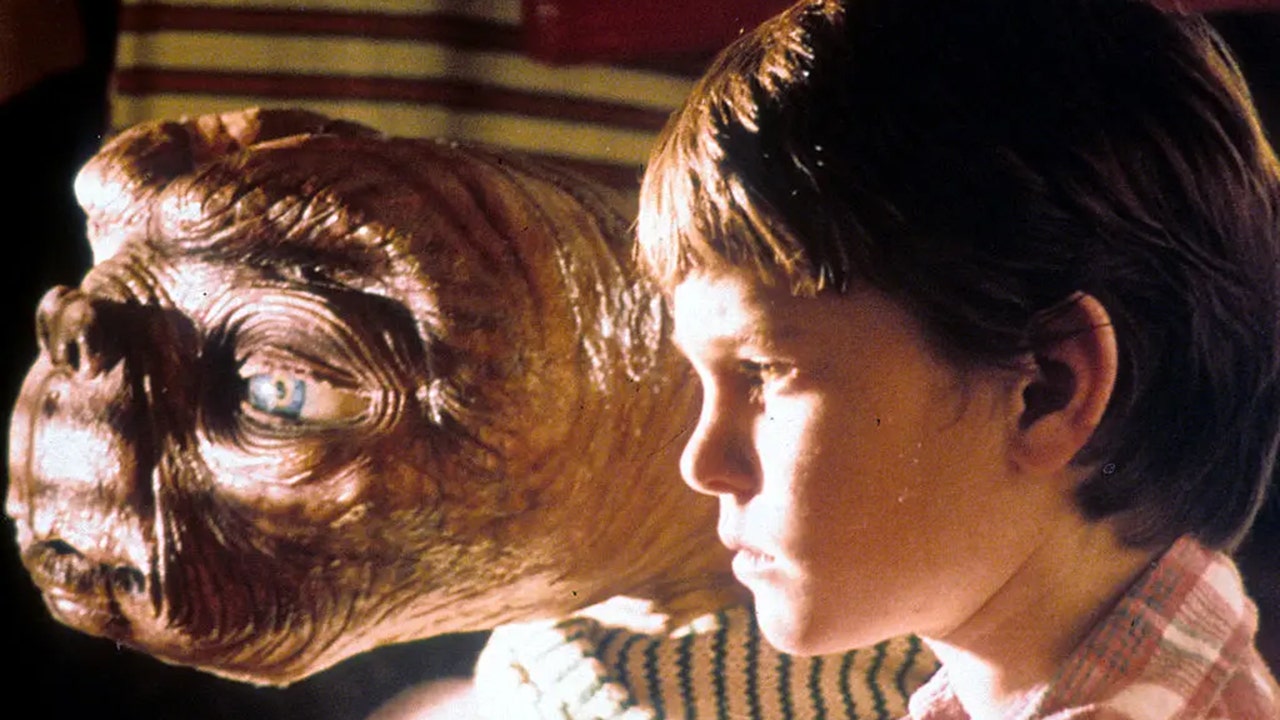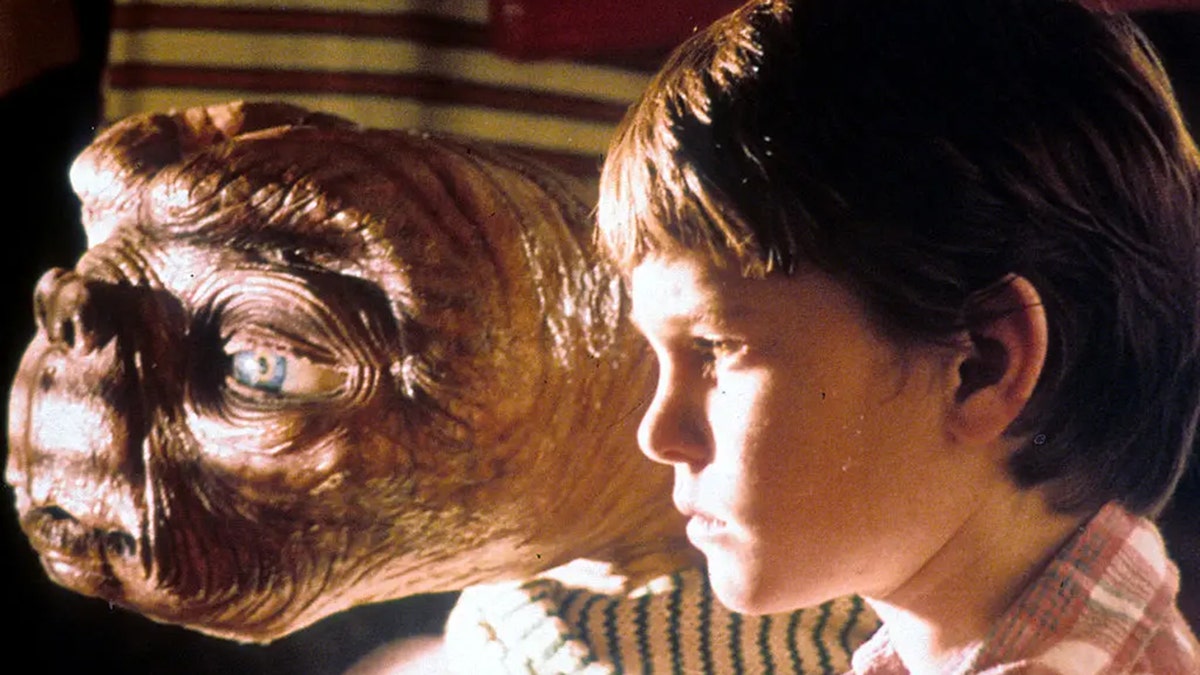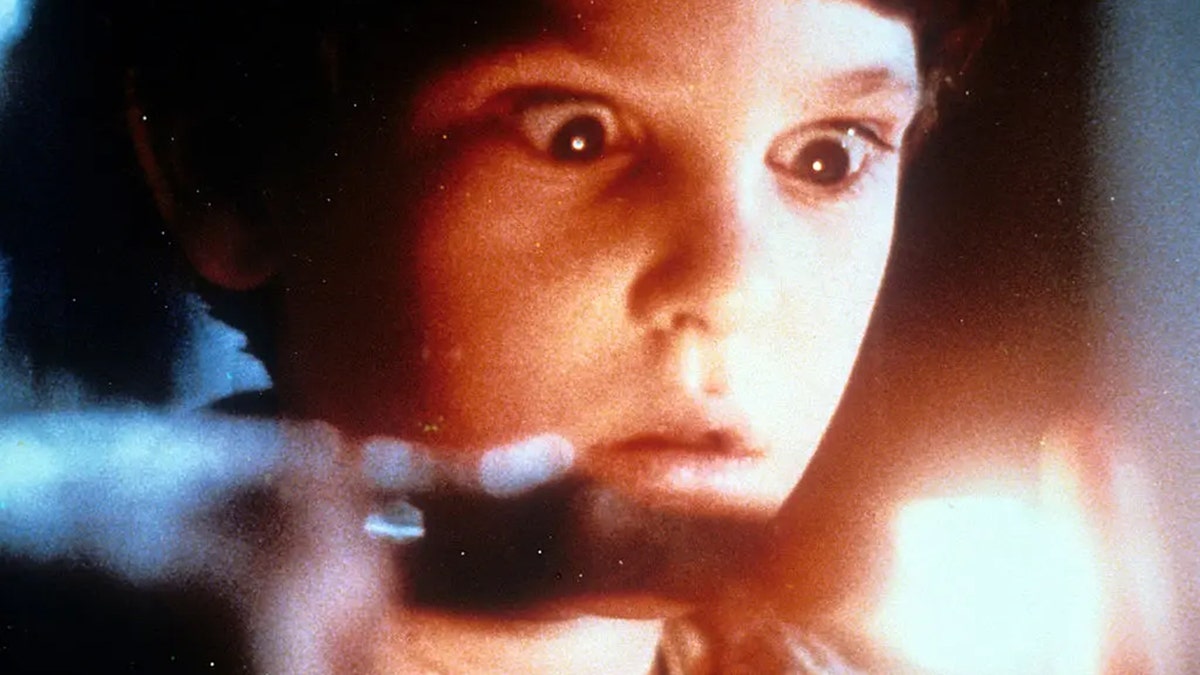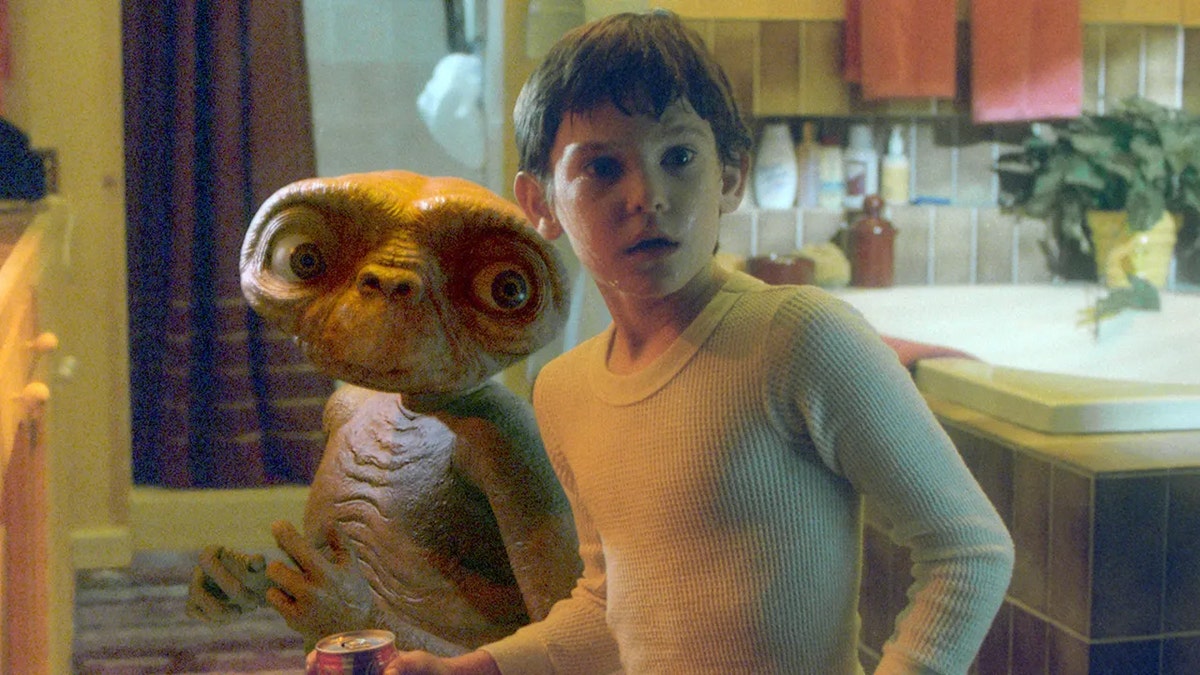Oregon continues to pump $130,000 a month to an out-of-state nonprofit to run a hotline that barely rings.
So far this year, the hotline established under Oregon’s drug decriminalization law has received just 73 calls from people with Measure 110 citations, translating into about $10,700 per call, according to the latest data from the Oregon Health Authority.
Measure 110 was approved by voters in 2020 and gutted by the Legislature this year.
Intended as a gateway to substance use screenings and treatment referrals for people cited by police for low-level drug possession, the hotline service failed to live up to its promise.
It now exists mostly as a relic of Oregon’s short-lived experiment with drug decriminalization.
The health authority last year contracted with a Boston-based nonprofit, Health Resources in Action, to operate the line, agreeing to pay a total of $2.7 million. That includes startup costs and $130,000 monthly payments over the 18-month agreement.
Health Resources in Action’s latest quarterly report shows hotline staff are fielding a dwindling number of calls from people cited by police.
In the first three months of the year, 49 people with Measure 110 citations called. The number dropped to 24 from April to June.
The Measure 110 hotline has received 563 calls overall since the nonprofit took over the service, but the vast majority were more general calls, including from people accused of driving while impaired and others who sought information on behalf of loved ones coping with addiction.
For context, $130,000 could cover the cost of withdrawal management, known as detox, for about 45 people, residential treatment for seven people for a 60-day stay or a year’s worth of buprenorphine for 18 people, according to Oregon Health Plan rates. Buprenorphine is a medication used to treat opioid use disorder, including people who are addicted to fentanyl.
Under Measure 110, people cited for drug possession were given the option of paying a $100 fine or calling the helpline for a substance use screening to determine the type of services they need in exchange for waiving their citation.
Yet police were slow to embrace the citations and people who were cited generally ignored them. The hotline never took off.
Health Resources in Action developed a website to promote the service, calling it the “M110 Oregon Hopeline” and noting that “exciting changes are underway, including a new name and look!”
“Stay tuned for our upcoming rebranding as we enhance our services,” the site says.
Chris Bouneff, executive director of the Oregon chapter of the National Alliance on Mental Illness, said the hotline started out with the idea that a low-barrier entry point to treatment services would “generate a flood of phone calls.”
“Well, it hasn’t,” he said. “It won’t, and so like any business, somebody should recognize this was a failure.”
The citations are on their way to obsolescence. The Legislature this year passed House Bill 4002, making minor drug possession a misdemeanor crime. Lawmakers urged counties to develop programs to route people away from the legal system and toward treatment.
Lawmakers didn’t incorporate the hotline into the new law — but they did not change the requirement that the state operate the phone line.
The contract with the New England organization allows the state to pull out of the arrangement.
Oregon Health Authority spokesperson Amber Shoebridge said an outside contractor is the “most appropriate operator” for the line and that the state lacks the capacity to staff it round-the-clock with peers — trained and certified staff in long-term recovery — as the law requires.
State Sen. Kate Lieber, who was instrumental in drafting House Bill 4002, said in a statement to The Oregonian/OregonLive that the Legislature needs to take up the future of the hotline when it convenes next year.
“Whether that’s changing the purpose or eliminating it remains to be seen, but Oregonians need that money to go towards a program that works,” said Lieber.






























